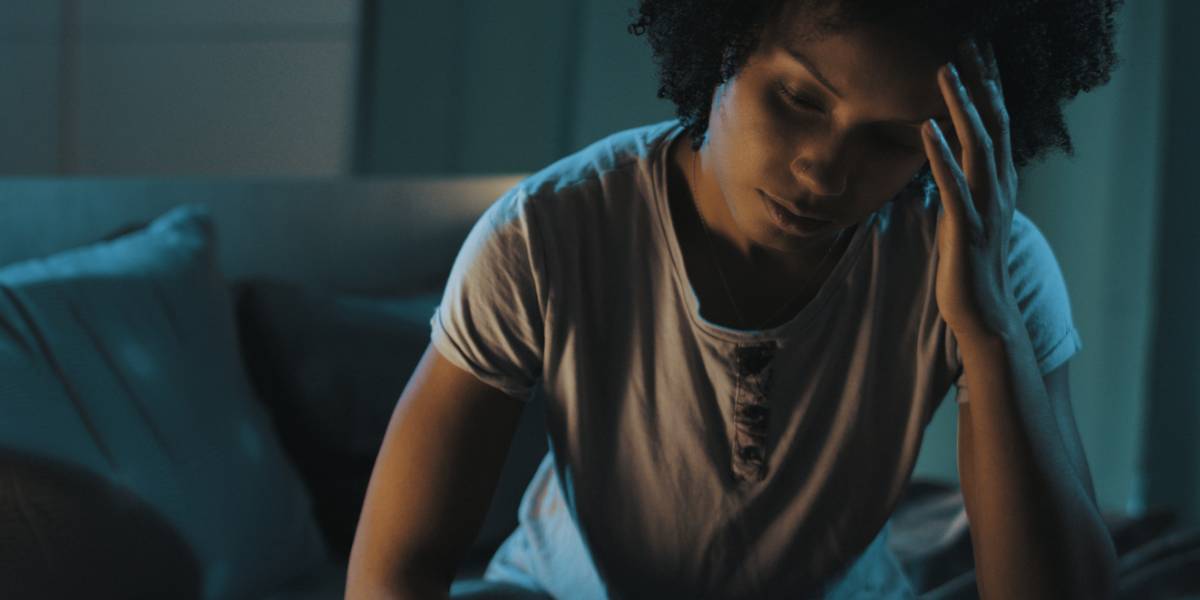Not getting enough sleep could put women at greater risk of developing high blood pressure, according to new research.
The large-scale study, involving more than 66,000 participants aged from 25 and 42, highlights the “crucial role” of quality sleep on health and wellbeing.
None of the participants had high blood pressure – or hypertension – at the beginning of the study, which took place over a period of sixteen years from 2001 until 2017.
- Brain changes in women at certain times of the month increase cravings for junk food
- Bariatric surgery linked to 40% lower risk of blood cancer in obese women
- PFAS: hormone-altering chemicals could be linked to certain cancers in women
Researchers checked for rates of high blood pressure every two years and measured sleep length at the start of the study and again in 2009. They also kept track of sleep problems, including difficulty falling or staying asleep.
At follow up, there were just short of 26,000 cases of hypertension.
After analysing the data, the research team from Brigham and Women’s Hospital in Boston found that women who slept less than seven or eight hours a night had a greater risk of developing high blood pressure.
This risk was also seen among women who experienced sleep problems, such as falling or staying asleep but early waking was not linked to this greater risk.
Crucially, this link remained after factoring in shift work and chronotype, the body’s natural preference for sleeping at a particular point during a 24-hour period.
Dr Shahab Haghayegh, a research fellow at the Brigham and Harvard Medical School, said: “These findings suggest that individuals who struggle with symptoms of insomnia may be at risk of hypertension and could benefit from pre-emptive screening.
“Hypertension is associated with many other physical and mental health complications. The sooner we can identify individuals with high blood pressure and treat them for it, the better we can mitigate future health issues.”
While the link between sleep and greater risk of high blood pressure needs to be understood further, Dr Haghayegh said that problems with sleep can trigger increased sodium retention, arterial stiffness, and cardiac output, all of which can increase the risk of hypertension.
- Cardiac arrest symptoms are different in men and women
- Nearly a quarter of women fall pregnant naturally following IVF for first child
- Women advised to check blood pressure due to risk of heart disease and stroke
Blood vessel constriction/relaxation can also be affected by disturbances to the sleep/wake cycle.
The research conducted by Dr Haghayegh and colleagues found that women who experienced sleep problems had higher BMIs, did less physical activity and had poorer quality diets.
Dr Haghayegh said: “I hope these findings further underscore the crucial role of quality sleep in our overall well-being. The American Academy of Sleep Medicine recommends sleeping seven or more hours a night, and if you cannot fall or stay asleep, it might be worth exploring why that is. This study highlights yet another reason why getting a good night’s sleep is so important.”
In America, more than a third of adults do not get the recommended amount of sleep, while around 30% of the adult population suffer from symptoms of insomnia. Around 45% of adults have high blood pressure.
Read the full study in Hypertension.




